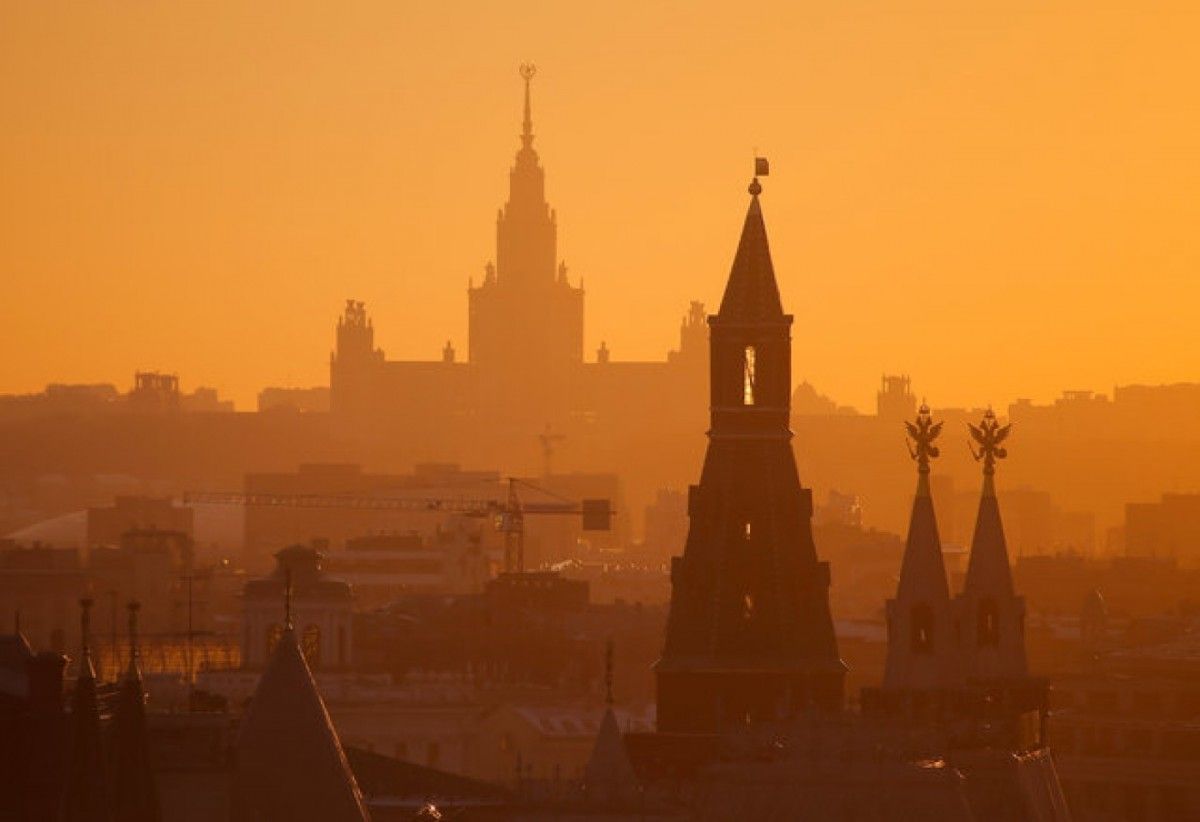
Lithuania's Military Intelligence says Russia has been making use of "frozen conflicts" to interfere in the internal affairs of the neighboring countries.
"The Department of State Security and the Military Intelligence of the Republic of Lithuania have published a joint 'National Threat Assessment 2021.' In the context of Ukraine, Lithuanian colleagues are focusing on the Russian-occupied territories of Donetsk and Luhansk regions, which have been identified as a 'center of military instability on the threshold of NATO,' the Foreign Intelligence Service of Ukraine (SZRU) reports.
The SZRU has noted the factors on which Lithuania's intelligence analysts focus.
"The 1st (Donetsk) and 2nd (Luhansk) Army Corps, subordinated to Moscow, consisting of brigades, battalions, companies and smaller units, numbering approximately 30,000 to 35,000 servicemen, operate in the Russian-occupied areas of Donetsk and Luhansk regions. At this, most of the servicemen are locals motivated by financial rewards. These units in organizational terms correspond to the model of the armed forces of the Russian Federation, being commanded and trained by Russian officers and instructors. The Corps are equipped with Russian weapons, gear, communication systems, and operating based on the Russian military statutes. Thus, they can be seamlessly integrated into the Russian forces or they can interact with the units deployed from Russia. Moscow can easily increase its military pressure on Kyiv by using military formations that are fully and unconditionally controlled by Russia. Some of the military who took part in hostilities against the Ukrainian Armed Forces or served in those Army Corps had been recruited by Russian private military companies (such as the Wagner PMC), as part of which they had performed tasks in the interests of the Kremlin regime and oligarchs in other conflicts (Syria, Libya, etc.)," reads the report.
Read also"We are fighting": Zelensky speaks of war on Russian propagandaLithuanian intelligence concludes that since the collapse of the Soviet Union, "Russia has been exploiting 'frozen conflicts' to interfere in the internal affairs of the neighboring countries."
"However, this tool is gradually losing effectiveness," the report adds. "Moscow's attempts to impose its conditions on Kyiv in the context of forcing the reintegration of Donbas with Russian-controlled local authorities in place remain unsuccessful."
It is noted the Kremlin will be unable to use the lever of its control over Donbas to influence Ukraine's foreign and domestic policies as long as Moscow's demands remain unacceptable to most Ukrainians.

